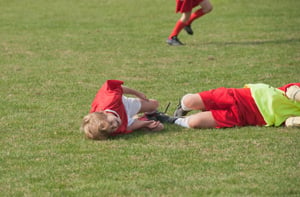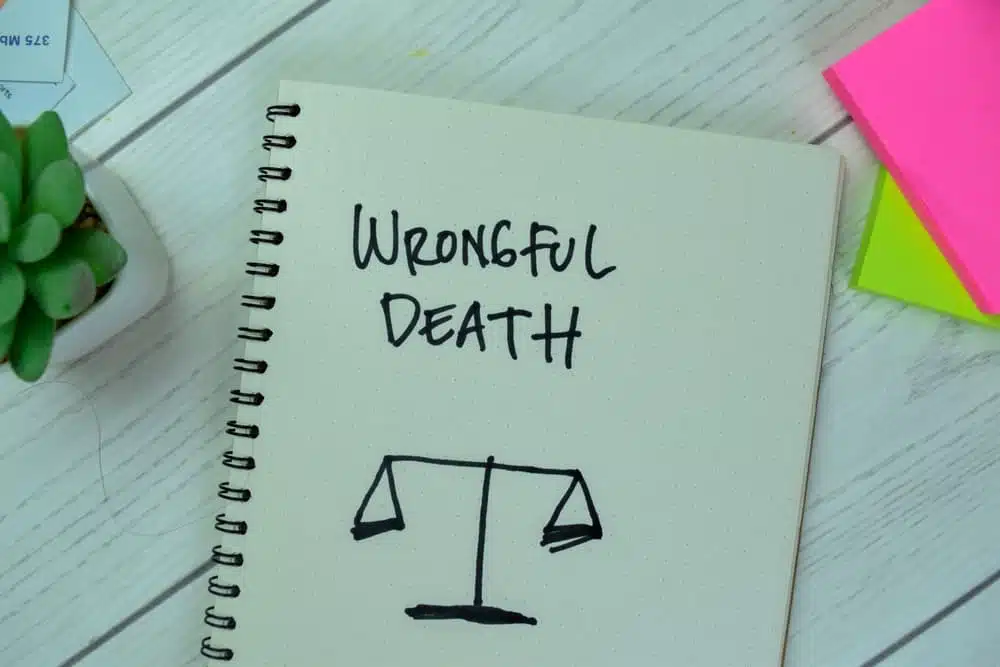
Soccer Parents File Class-Action Lawsuit against FIFA
The link between traumatic brain injuries and contact sports like football and hockey are now well known across the country, particularly for young athletes who suffer sports-related concussions on the field. But are soccer players at equal risk of suffering a serious brain injury? According to a recent article in the New York Times, a group of soccer parents believe that laws should be changed to protect their children from serious head trauma. Approximately 50,000 high school soccer players sustained concussions during 2010 alone. The growing number of head related injuries has prompted a class-action lawsuit against the Federation Internationale de Football Association (FIFA), soccer’s international governing body, in relation to the ways it has handled concussions in the sport.
Is FIFA the only organization to blame? The lawsuit also names other soccer organizations in America, such as the American Youth Soccer Organization and U.S. Soccer. The parents claim that these organizations “have been negligent in monitoring and treating head injuries.” The lawsuit cites an “epidemic of concussion injuries in soccer at all levels around the world, including in the United States, from youth to professionals, from elite players to children playing for the first time, women and men, girls and boys.”
What kind of damages do the soccer parents seek? They want an injunction that would change the way soccer is played at all levels. Specifically, they are seeking rule changes that would implement the following:
- Time limitations for how often children under the age of 17 can head the ball.
- League substitutions for players who are undergoing examinations for head injuries.
- Medical testing for athletes who currently have injuries related to concussions sustained during soccer play.
Sports-Related Concussions
Concussions are a form of mild traumatic brain injury (TBI), and they can occur in nearly any sport or recreational activity, according to the Centers for Disease Control and Prevention (CDC). A concussion is caused by a bump, blow, or jolt to the head. Such an injury can change the way the brain functions, particularly when an athlete suffers multiple concussions over the course of a sports career.
How can athletes prevent concussions? The CDC offers some of the following tips to coaches and parents for ensuring that both professional and amateur athletes are not concussed on the field:
- Emphasize that safety, and not winning, comes first.
- Teach athletes that it is never a good idea to play with a concussion. In fact, for a concussion to heal properly, the injured person requires rest.
- Help to prevent long-term problems by establishing a policy by which concussed athletes cannot return to practice or play for a specific period of time following the TBI.
- Work with leagues and school officials to ensure that athletes who suffer concussions are properly assessed and receive appropriate treatment.
Return to Play Laws for Sports-Related Head Injuries
What is the relationship between TBI prevention and liability for serious brain injuries? Certain laws require schools, coaches, and other persons involved in youth sports to take certain steps to ensure prevention and treatment of head trauma.
Since 2009, a number of states have passed laws related to concussions in sports. The Zackery Lystedt Law was the first of its kind in Washington, and many states followed suit. Between the years of 2009 and 2012, 43 states passed “Return to Play” laws intended to limit the play of young athletes who suffer concussions.
The National Conference of State Legislatures provides information about traumatic brain injury legislation and its impact across the country. As of 2013, the only states that had not enacted concussion in sports laws included Mississippi, South Carolina, and West Virginia. Most of these laws require the following:
- Coaches, parents, and athletes must be educated about youth concussions and sports.
- Education typically takes the form of training or information sheets about preventing, identifying, and treating concussions.
- Removing concussed athletes from play.
- Concussed athletes must receive permission from a health care professional in order to return to play, and can only return if 24 hours have passed since the athlete suffered the TBI.
Seeking Legal Advice for Your Traumatic Brain Injury Case
If your child sustains a concussion while playing soccer, football, hockey, baseball, or another sport, your child may be eligible to receive financial compensation for his or her injuries if the coach and school failed to abide by your state’s laws pertaining to concussions in sports. In fact, the recent class-action lawsuit against FIFA suggests that state mandated sports-related concussion laws may not be sufficient to protect certain sports organizations from liability.
If your child sustained a concussion or other TBI while playing a sport, you may be eligible to file a claim for financial compensation. Contact an experienced brain injury attorney at the Rothenberg Law Firm to discuss the impact of the latest traumatic brain injury legislation on your potential claim.



